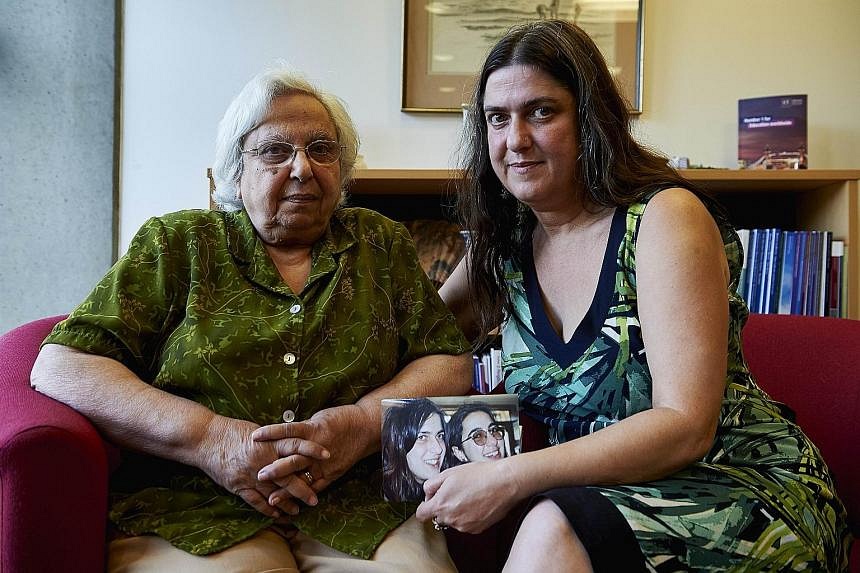LONDON • Ms Esther Hyman could be forgiven for hating the suicide bomber who killed her sister Miriam, but she has channelled her grief and pain into trying to stop a new generation of Britons from turning to terrorism.
"As soon as I would experience it (the anger), I thought: 'Well, that was a waste of energy'," said Ms Hyman, whose sister was one of 52 people killed when four Islamists attacked the London transport system on July 7, 2005.
"It helped me to discard the need to hold on to any negative feelings. I relinquished the need to forgive - that's between my sister's killer and his God."
After Miriam's death, her family set up an eye-care charity in India in her name.
Now, they are trying to create a legacy. They have developed an online resource for schools to inform students about the London attacks and equip them with the skills to reject extremism.
The aim is to help them understand the consequences of violence, empathise with other cultures and express themselves peacefully and constructively.
"Our bottom line is, if you've got a point to make, don't go blowing up yourself and other people's loved ones," Ms Hyman said.
Among the tragic stories of that day, Miriam stands out for being particularly unlucky. The 31-year- old freelance picture editor was evacuated from the London Underground at King's Cross when one of three bombs on the network went off near the station.
She called her father and told him she was going to get a coffee nearby. Minutes later, she was killed when a fourth bomber attacked a bus in Tavistock Square.
It took four days to identify Miriam's body, during which her family scoured London's hospitals put up missing posters and desperately searched for news of her whereabouts. "That was the most hellish part of all," Ms Hyman said.
The schools project, created with University College London's Institute for Education, includes lesson plans for students aged 11 to 14.
It has been trialled in a school in south London and, after a positive response from students - many of whom were babies when the bombings took place - will be incorporated into the curriculum there.
The Hymans are hoping that other schools will use their resource not only to educate, but also to help them fulfil a new legal requirement to act against extremism.
Since July 1, all public bodies in Britain, including schools, hospitals and prisons, have a legal duty to "prevent people from being drawn into terrorism".
AGENCE FRANCE-PRESSE

